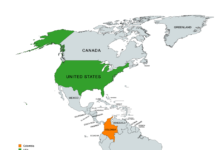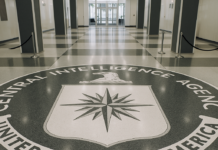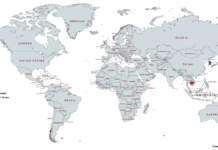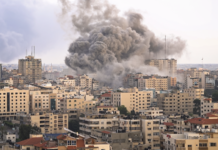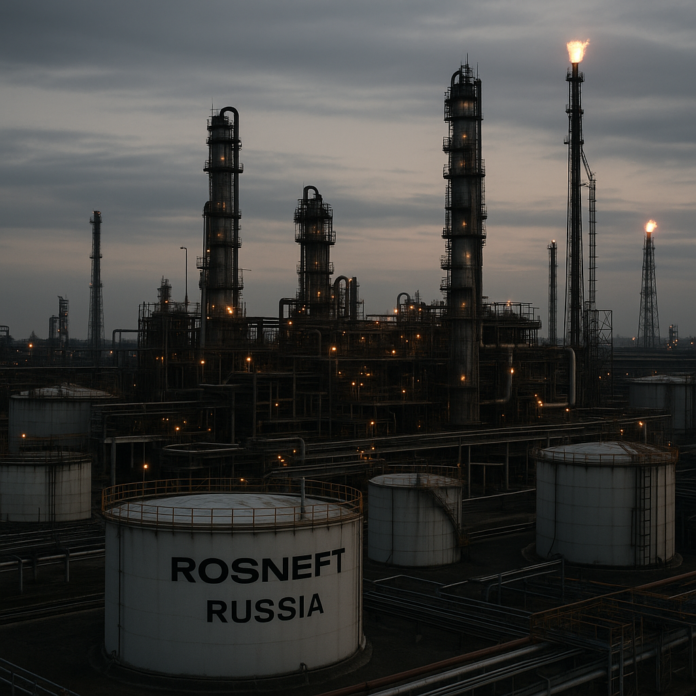
The United States has imposed sweeping restrictions on Russia’s largest oil producers, Rosneft and Lukoil, escalating efforts to limit the Kremlin’s ability to finance its ongoing war in Ukraine. The move marks one of Washington’s most forceful economic responses yet, directly targeting the core of Russia’s energy industry.
The sanctions, announced by Treasury Secretary Scott Bessent, prohibit U.S. entities from conducting business with either company or their subsidiaries and give foreign partners until November 21 to wind down contracts. Rosneft and Lukoil together produce more than five percent of the world’s oil, making the measure a substantial disruption to global energy markets.
President Donald Trump confirmed that his planned meeting with Russian President Vladimir Putin in Budapest had been called off, citing a lack of progress toward peace. “It didn’t feel like we were going to reach the outcome we needed,” Trump said, leaving open the possibility of talks at a later date. The reversal comes only a week after the two leaders were expected to discuss a potential ceasefire.
Bessent said the new sanctions were designed to cut off the financial channels supporting Russia’s war operations and to reinforce U.S. calls for an end to the conflict. The Treasury chief added that Washington and its allies were prepared to impose additional penalties if Moscow continued its military campaign. Within hours, the European Union followed with its own measures, including limits on Russian liquefied natural gas imports and new financial restrictions.
Oil prices surged roughly five percent after the announcement, reflecting fears of tighter global supply. In India, refiners who have become the largest importers of discounted Russian crude indicated they would sharply reduce purchases to stay in compliance with the U.S. order.
Ukrainian President Volodymyr Zelenskyy praised the coordinated sanctions during a meeting with EU leaders in Brussels, describing them as a decisive step toward weakening Moscow’s war funding. “This sends a clear signal that aggression has consequences,” he said, while urging additional international support.
Russia responded defiantly. Foreign Ministry spokesperson Maria Zakharova dismissed the U.S. action as “counterproductive,” saying Moscow had adapted to similar measures in the past. Former President Dmitry Medvedev took a harsher tone, labeling the sanctions “an act of hostility” and accusing Washington of aligning completely with Europe against Russia.
The restrictions come as the conflict nears its fourth year with no truce in sight. Russian drone strikes continued to hit Ukrainian cities overnight, while Kyiv targeted oil refineries and military infrastructure inside Russia. European leaders are meanwhile debating a plan to use frozen Russian assets to finance a 140-billion-euro loan for Ukraine.
Analysts say the impact on Russia’s finances will depend on how effectively the Kremlin can reroute its oil exports through secondary markets. Although Moscow’s energy revenues have already fallen more than twenty percent this year, higher global prices could offset some of the loss.
For Washington, the new sanctions represent an attempt to increase pressure on Moscow without escalating militarily—a strategy that tests whether financial isolation can succeed where diplomacy has so far failed.
This image is the property of The New Dispatch LLC and is not licenseable for external use without explicit written permission.



